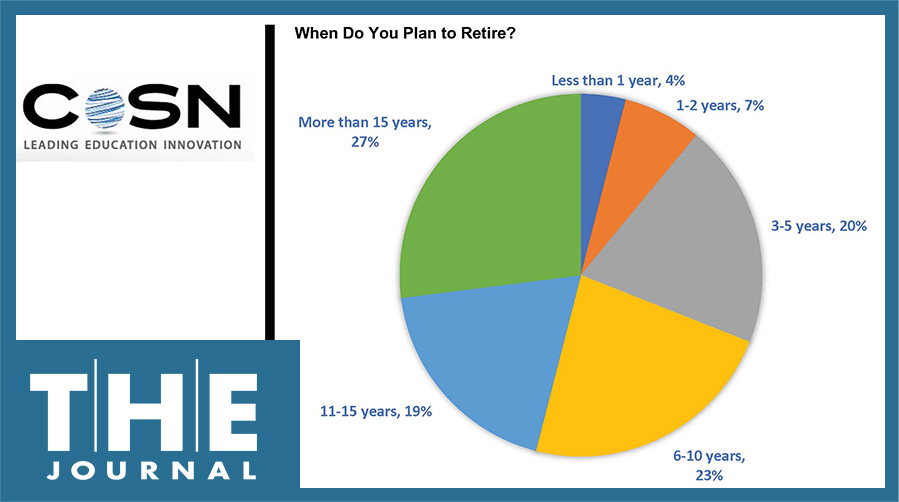
The Consortium on School Networking’s latest State of Ed Tech Leadership Survey reveals that despite warnings from multiple agencies and rising incidents of ransomware attacks targeting K–12 schools, IT leaders continue to underestimate the risk of ransomware to their districts, and IT departments remain woefully understaffed with very few having a dedicated full-time employee managing cybersecurity, CoSN said.
Personal computing device (PCD) shipments are looking stronger than expected for 2019, and smartphone deliveries are expected to bump up in 2020, according to two separate analyses.
A new study finds the lack of information sharing between parents and teachers can serve as a barrier to student success.

Bursari, a Florida-based electronic payment system for schools and families, is expanding nationwide starting today. The platform is designed to provide parents, students and educators with a quick and simple method to make online payments for expenses related to school.

The FBI has issued a consumer notice warning that internet-connected toys could pose a privacy and contact threat to children, because of the large amount of personal information that may be unknowingly revealed.

A new presidential administration and changes at the Federal Communications Commission (FCC) have raised questions about the E-rate program, yet recipients and applicants continue to rely on the federal subsidy program, according to a nationwide survey conducted by Funds for Learning, an E-rate compliance firm.

California Assemblyman Jim Cooper (D-Elk Grove) has withdrawn AB-165 — a controversial bill that would have provided a student exclusion to the existing California Electronic Communications Privacy Act (CalECPA) — from a Privacy Committee scheduled for Tuesday, April 18.

Virtual schools have expanded and proliferated in the United States, despite poor performance, lack of research support and inadequate policies, according to a report released this week by the National Education Policy Center (NEPC).

The House of Representatives voted Tuesday to block online privacy regulations issued during the final months of the Obama administration, a first step toward allowing internet providers such as Comcast, AT&T and Verizon to sell the browsing habits of their customers.